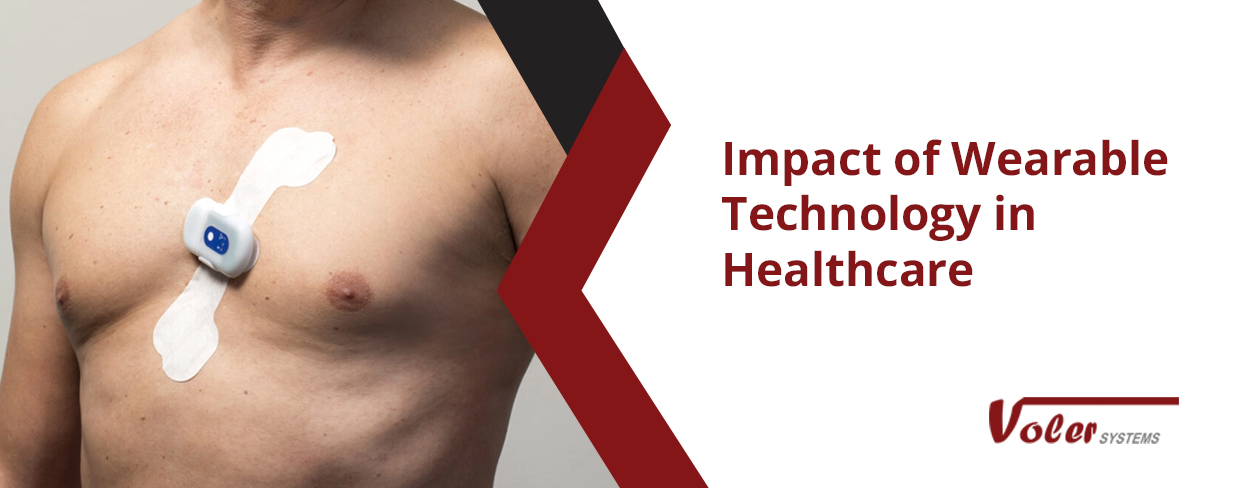Wearable technology has emerged as a game-changer in the healthcare industry, offering innovative solutions for monitoring, diagnosing, and managing health conditions. From basic fitness trackers to advanced medical devices, wearables provide numerous benefits that significantly enhance patient outcomes and streamline healthcare services.
Continuous Health Monitoring
One of the most impactful advantages of wearable medical devices is their capability to provide continuous health monitoring. Unlike traditional methods requiring periodic doctor visits, wearables deliver real-time data on vital signs like heart rate, blood pressure, and oxygen levels. This continuous monitoring enables early detection of medical issues, facilitating timely interventions and better management of chronic diseases.
Early Detection and Prevention
Wearable
technology plays a crucial role in early detection and prevention by
alerting users and healthcare providers to potential health issues
before they escalate. Devices such as continuous glucose monitors (CGMs)
for diabetes patients and ECG monitors for heart conditions help in
monitoring health indicators proactively. Early detection allows for
prompt treatment, reducing complications and improving patient outcomes.
Personalized Healthcare
Wearable medical devices enable personalized healthcare by collecting and analyzing individual-specific data. This personalized approach allows healthcare providers to tailor treatments and recommendations based on each patient's unique needs and conditions. For instance, fitness trackers can offer customized exercise and diet plans, aiding users in achieving their health goals effectively.
Improved Patient Engagement
By providing instant feedback and easy access to health data, wearable technology encourages patients to actively participate in their health management. This increased engagement empowers individuals to make informed decisions about their lifestyle and treatment options, leading to better adherence to medication and treatment plans and ultimately improving health outcomes.
Remote Patient Monitoring
Wearable medical devices facilitate remote patient monitoring, particularly beneficial for patients with chronic conditions or those in remote locations. Healthcare providers can remotely access and review patient data, enabling them to monitor progress and adjust treatments as necessary. This reduces the need for frequent in-person visits, saving time and resources for both patients and healthcare providers.
Enhanced Healthcare Efficiency
Integration of wearable technology significantly enhances the efficiency of medical services by automating data collection and analysis. This automation reduces the workload on healthcare professionals, allowing them to focus on critical tasks. Real-time data from wearables also streamlines diagnostic processes and improves the accuracy of medical records, contributing to overall healthcare efficiency.
Support for Aging Populations
Wearable technology provides substantial support for aging populations with devices like fall detectors and emergency alert systems. These devices offer peace of mind to elderly individuals and their families by automatically alerting caregivers or medical personnel in emergencies. Prompt assistance in such situations minimizes the risk of severe injuries and ensures timely medical attention.
Leading Wearable Medical Technology for Better Healthcare
At Voler Systems, we specialize in developing innovative wearable medical devices and technology for healthcare applications.
Our expertise ensures that healthcare solutions leverage cutting-edge
technology to provide the highest level of care and operational
efficiency.
Contact us today to explore how our services can enhance your healthcare offerings and improve patient outcomes.




